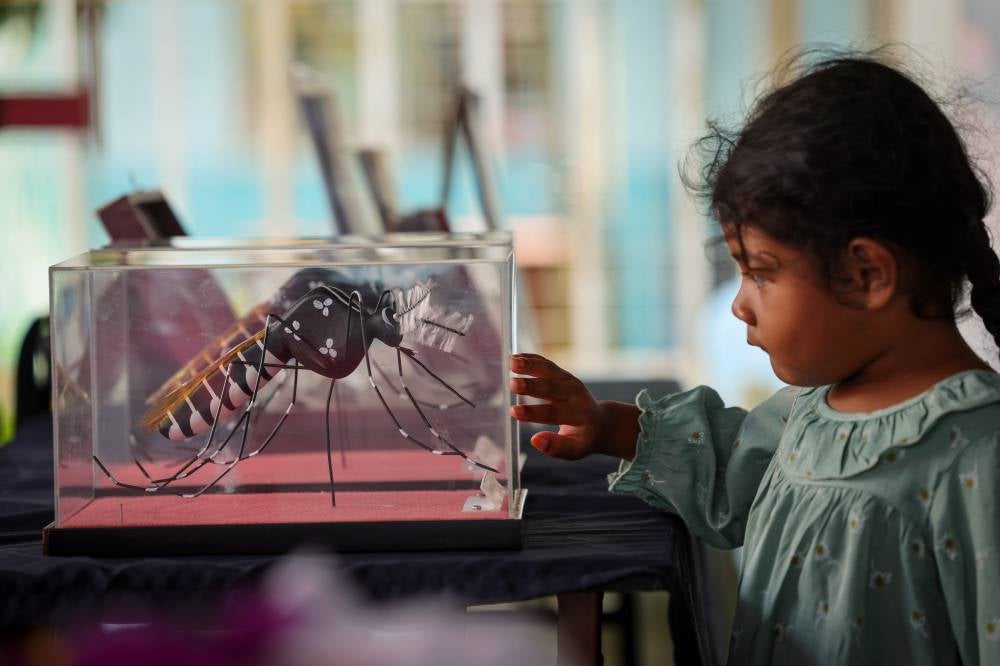WHO prequalifies new dengue vaccine TAK-003
TAK-003, developed by Takeda, is the second dengue vaccine to be prequalified by WHO.

KUALA LUMPUR - The World Health Organisation (WHO) prequalified a new dengue vaccine TAK-003 on May 10.
TAK-003, developed by Takeda, is the second dengue vaccine to be prequalified by WHO.
It is a live-attenuated vaccine containing weakened versions of the four serotypes of the virus that cause dengue.
WHO recommends the use of TAK-003 in children, aged six to 16, in settings with high dengue burden and transmission intensity. The vaccine should be administered in a two dose schedule with a three month interval between doses.
WHO director for Regulation and Prequalification, Dr Rogerio Gaspar, said the prequalification of TAK-003 is an important step in the expansion of global access to dengue vaccines.
"It is now eligible for procurement by United Nations (UN) agencies, including the United Nations Children's Fund (UNICEF) and Pan American Health Organisation (PAHO).
"With only two dengue vaccines to date prequalified, we look forward to more vaccine developers coming forward for assessment, so that we can ensure vaccines reach all communities who need it," he said in a statement posted on the WHO's official website on Wednesday.
The WHO prequalification list also includes the CYD-TDV dengue vaccine developed by Sanofi Pasteur.
Dengue is a vector-borne disease transmitted by the bite of an infected mosquito. Severe dengue is a potentially lethal complication, which can develop from dengue infections.
It is estimated that there are over 100 to 400 million cases of dengue worldwide each year and 3.8 billion people living in dengue endemic countries, most of which are in Asia, Africa and the Americas.
The largest number of dengue cases reported was in 2023 with the WHO Region of the Americas reporting 4.5 million cases and 2,300 deaths.
Dengue cases are likely to increase and expand geographically due to climate change and urbanisation. - BERNAMA
Download Sinar Daily application.Click Here!














